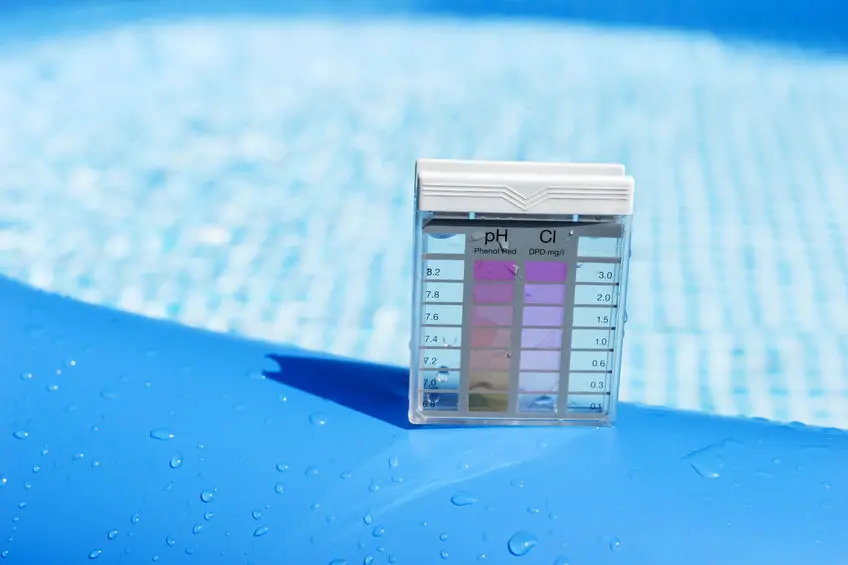
There are a lot of advantages to having a saltwater pool over a traditional chlorine pool. Saltwater pool systems create their own chlorine out of salt through a process called electrolysis. As a result, the water is easier on the skin and eyes, it doesn’t smell of chlorine all the time, and your pool is easier to maintain.
Just because a saltwater pool is easier to maintain though, doesn’t mean it doesn’t require any maintenance at all. You still have to take care of it to keep it in good shape. To help you stay on top of your saltwater pool maintenance, we’ve prepared a helpful checklist of daily, weekly, and monthly tasks to check off your to-do list!
Daily Tasks
Just as you would with a regular chlorine pool, you should clean your saltwater pool and all of its important components every day (or almost). This includes clearing the skimmer, cleaning the filters, emptying the pump basket, and removing any visible debris. Doing these tasks daily will save you considerable time and money in the long run.
Weekly Tasks
Every week you should check your saltwater pool’s pH and free chlorine levels, then adjust as needed. This ensures your salt generator is working and adjusted properly, which keeps bacteria and algae from growing in your pool water. The pH should be around 7.4, but anywhere from 7.2-7.6 Is fine. The chlorine should be at about 1-3ppm. You can buy test strips and kits to take your measurements.
Monthly Tasks
Once a month, you’ll need to test and adjust the rest of your pool’s chemistry to prevent structural damage and water contamination. The four things you’ll need to check monthly are:
- Salinity—proper salt levels will differ by generator, so be sure to check your manual to determine yours, but generally it will be around 3400ppm or higher
- Alkalinity—helps keep your pool stabilized, should fall somewhere between 80-120ppm
- Stabilizer—most saltwater pools use cyanuric acid as a stabilizer, which prevents the chlorine from evaporating out of the pool, proper levels will be about 70-80ppm
- Calcium Hardness—too much calcium in your pool can cause scaling, too little can cause erosion, keep your levels at approximately 200-400ppm
If maintaining your saltwater pool sounds overwhelming, you do have another option—get in touch with Aquarius Pools & Spas! We’ll take care of all of your pool maintenance needs on whatever schedule works best for you. We also offer salt system repair, as well as saltwater systems for sale if you want to turn your chlorine pool into a saltwater oasis.
Contact us today for more information about our full scope of pool and spa services!

Comments? Remove I guess